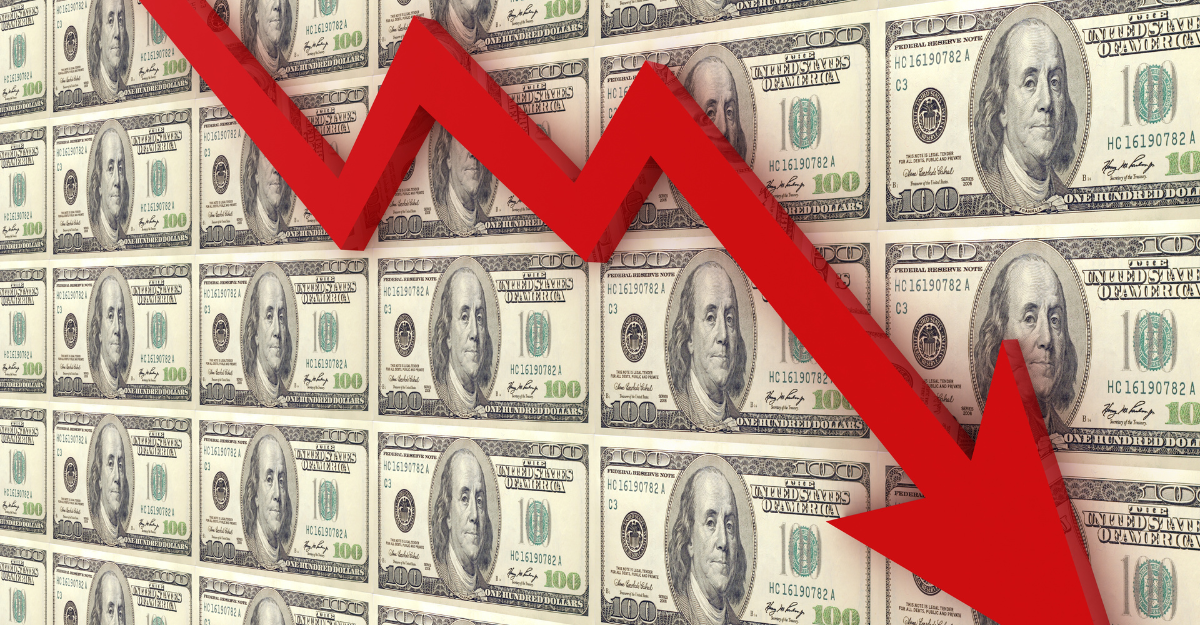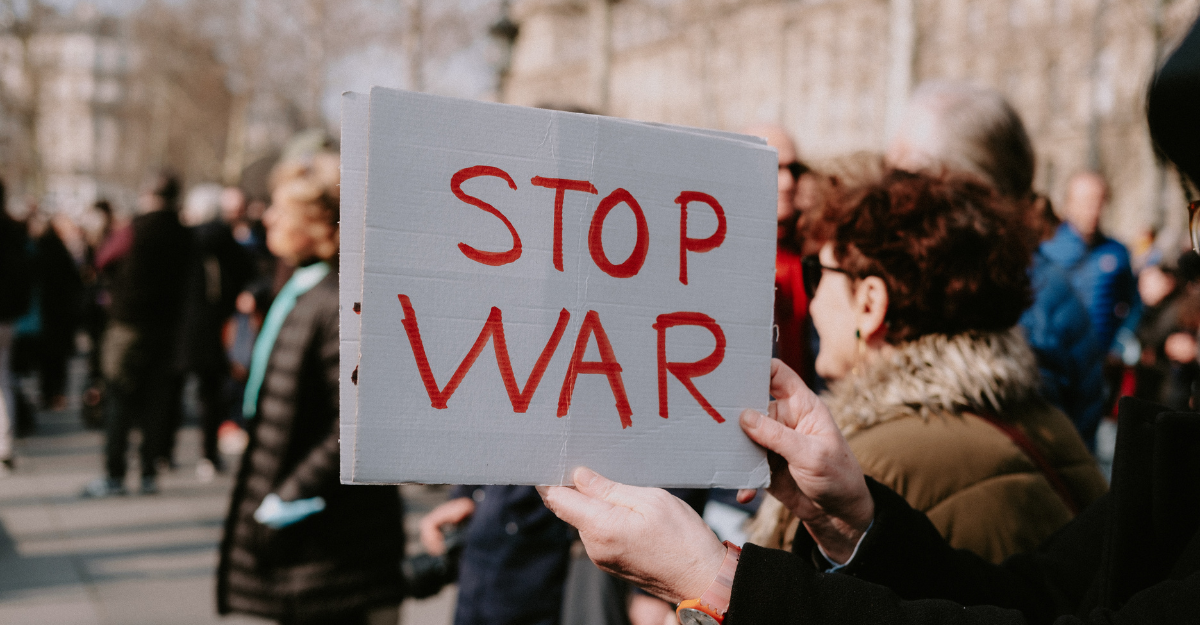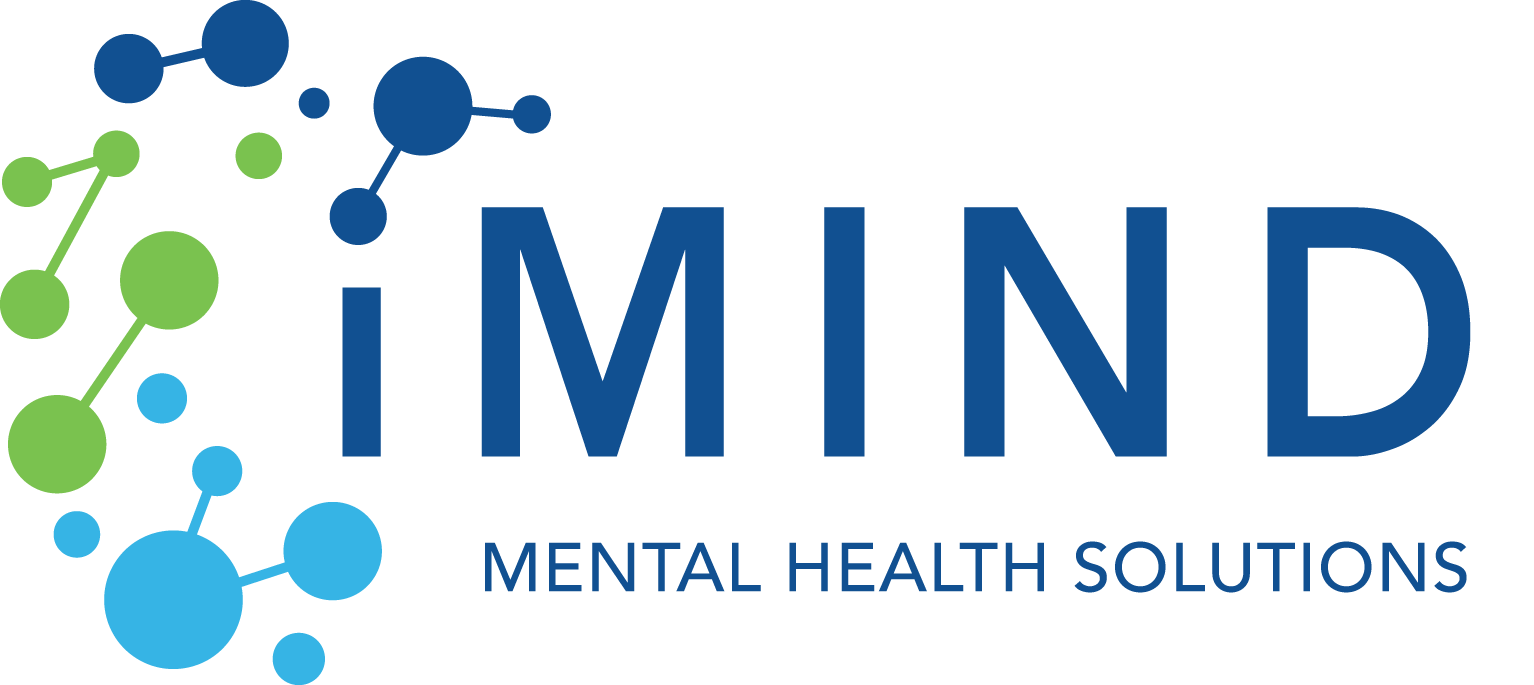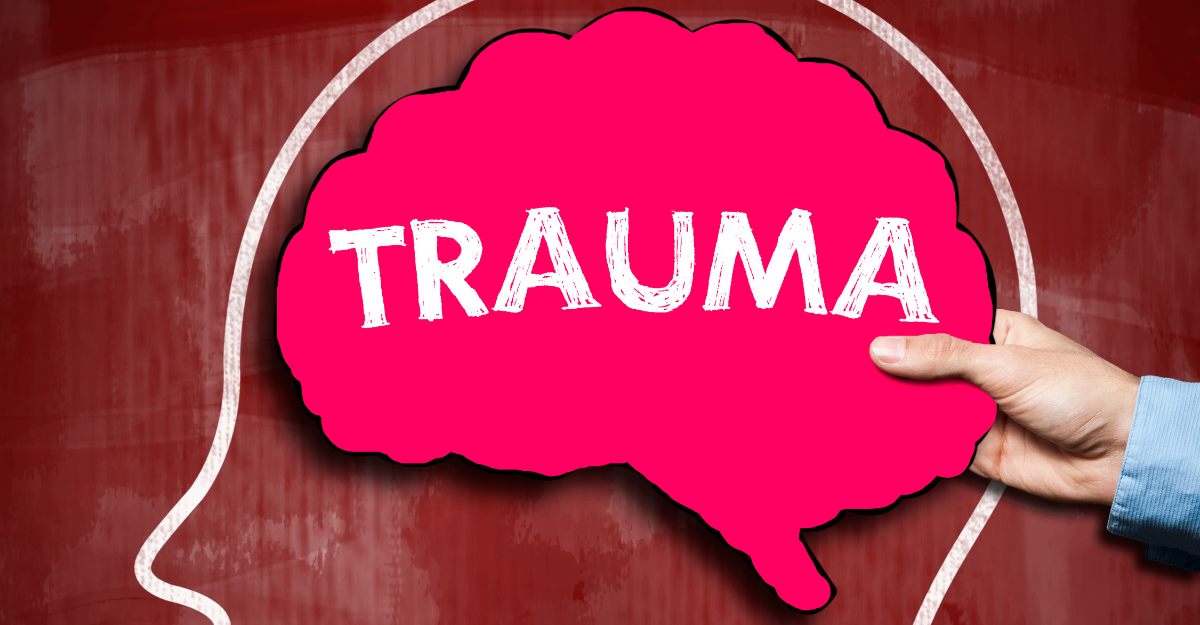Is the Mental Health of Millennials Declining?
Published By Justin Baksh, LMHC, MCAP
December 28, 2023

The mental wellbeing of people born in the 1990s is generally poorer than that of previous generations at the same age. This appears to be the same in different countries and involves a range of mental health issues. Several recent studies and surveys have brought this to the forefront of current mental health concerns.
Millennial Mental Health: What the Research Says
“When ‘Hannah’ graduated from college in 2019, her future looked bright: She’d landed an internship in media, moved to New York City, and joined a theater troupe where she quickly found community.
But just months later, the COVID-19 pandemic hit. Then, in early 2023, her relationship ended, she got laid off, and anxiety set in. Now 26 and back in school for social work, Hannah doesn’t feel ‘young and carefree.’
‘Not knowing what your future is going to look like in a world where nobody knows what the collective future is going to look like is, to say the least, overwhelming,’ said Hannah, whose name has been changed to protect her future job prospects.”
–A millennial in an interview with the New York Times
Researchers have uncovered significant trends among millennials and their mental health.
A new United Healthcare and Health Action Council study reported that, compared to before the pandemic, use of behavioral health – including treatment for anxiety, depression and trauma, which together make up two-thirds of the diagnoses for millennials – by millennials and their kids is up 35 percent. Nearly four out of ten, or 38 percent, of millennials had a PTSD diagnosis, compared to 31 percent in the pre-pandemic year of 2109.
A significant study by the University of Sydney, which tracked nearly 30,000 adults from 2001 to 2020, found that mental health declines were particularly noticeable among those born in the 1990s, more so than those born in the 1980s. This suggests that the overall decline in mental health among the population is largely driven by millennials. The research contrasts with previous expectations that mental health would improve as individuals transition from adolescence to adulthood.
Data from a national survey of 9,000 households assessing the mental health of different generations born between 1940 and 1999 also indicated that millennials have poorer mental health than previous generations. This data aligns with the findings of the University of Sydney’s research, indicating a generational trend of worsening mental health.
A 2019 Blue Cross Blue Shield report revealed a similar trend in the health of millennials, driven largely by an increase in behavioral health conditions. The report noted a 12 percent increase in major depression, seven percent increase in alcohol use disorder, and a five percent increase in tobacco use disorder and substance use disorder among millennials.
Impact of the COVID-19 Pandemic on Mental Health
“Millennials are considered an ‘anxious generation.’ They have been raised in an era where the internet is at their fingertips, and they constantly compare their lives to other people’s. A recent study found that 92 percent of millennials felt their mental health had gotten worse since the COVID-19 crisis, in part because of having hoped their circumstances would be better by now.”
-Jerry Avenaim, Executive Director, Mental Health Foundation
The pandemic has likely been a key factor in the steep rise in mental and behavioral health conditions of millennials.
The 2021 Deloitte Global Survey of Millennials and Generation Z involved almost 23,000 participants from these generations across 45 countries. The findings showed that the pandemic has heightened stress and anxiety, particularly among women who reported experiencing more stress. Despite more discussion about mental health, the stigma associated with it at work endures, with many respondents reluctant to discuss their mental health issues with employers.
Contributing Factors to Mental Health Trends Among Millennials
“I am concerned that millennials are stressed out. They have a higher suicide rate than other generations at their same age. They have the highest diagnosis of depression at their age than other generations. I think we have raised a generation that does not know how to be sad. They are programmed for success and the threat of failure is devastating.”
–Chip Espinoza, Ph.D., Dean of Strategy & Innovation at Vanguard University of Southern California, Author of Millennials@Work, Millennials Who Manage, and Managing the Millennials
There are several unique environmental factors contributing to the decline of mental health among the millennial generation, including:

Economic and Social Changes
The job market and economy have changed a lot for millennials. Many face high student loan debts, unstable job markets, and a rising cost of living. These financial stresses can really weigh on someone’s mental health. Also, societal expectations have shifted. Things like owning a home or starting a family can feel out of reach, adding to feelings of stress and inadequacy.

Technological Influences
For millennials in particular, the internet and social media are major influences. While these platforms are useful tools for sharing information and maintaining connections, they can also negatively impact mental health. Constant online comparisons, cyberbullying, and the pressure to have a perfect life that sometimes arise from social media can increase feelings of anxiety and depression.

Global and Personal Crises
Big life disruptions like the COVID-19 pandemic have been really tough. Lockdowns, loss of loved ones, job uncertainties, and general fear of the virus have spiked stress and anxiety levels. Financial crises such as the recession have added extra strain, especially for those just starting their careers or with little savings. And let’s not forget other global challenges like climate change, which can add to a general sense of uncertainty and anxiety about the future.
These factors have combined to create a unique set of stressors that didn’t affect earlier generations to the same extent.
Earlier generations generally experienced improvements in mental health as they transitioned into adulthood and middle age. They had their own set of challenges (like post-war recovery for Baby Boomers or economic recessions for Gen X), but these didn’t seem to have the lasting impact on mental health that current challenges are having on the 1990s cohort.
The Impact of Declining Mental Health
The impact of an entire generation struggling with mental health issues is profound and can cause significant ripple effects across all areas of life, from individual wellbeing to the broader society.
When mental health declines, it can lead to increased stress, trouble sleeping, and difficulty enjoying activities that used to bring happiness. This can make everyday life feel more challenging and less fulfilling.
In the workplace, poor mental health might lead to reduced concentration, lower productivity, and even increased sick days. Over time, these issues can hinder career progression and job satisfaction.
Struggling with mental health often affects relationships. It might cause withdrawal from social interactions, or increase tensions and misunderstandings with friends and family, leading to a sense of isolation or strained relationships. Mental health struggles can impact family life, potentially affecting parenting and intergenerational relationships.
More people seeking mental health support can lead to a heavy burden on healthcare systems. Reduced productivity, increased absenteeism, and higher healthcare costs can affect the economy. Young adults struggling with mental health issues may have difficulty maintaining consistent employment or achieving their full economic potential.
Widespread mental health issues can impair social relationships and community engagement, leading to a more fragmented society. The collective mental health of a generation can influence cultural norms, policies, and societal priorities. This can have lasting effects on national and global levels.
Responding to Mental Health Challenges
Thankfully there are many ways to address mental health challenges, on an individual as well as broader, systemic basis.

Healthcare System
The healthcare system plays a crucial role in addressing mental health challenges. The scope is broad and includes emergency care for those experiencing mental health crises, primary care screenings, as well as essential services like counseling and medication management. However, there are areas in need of improvement, including enhanced access to care, reduced waiting times, and increased funding for mental health services. Insurance coverage of mental health issues could also be boosted by lowering or eliminating co-pays and deductibles for mental health issues, ensuring claims are paid in a timely manner (so that the provider does not drop the insurance company for non-payment of claims), and making mental health care on par with primary care. Additionally, training more mental health professionals and a bigger focus on preventive care can help manage the increasing demand.

Community Initiatives
Communities can contribute significantly by fostering open dialogues about mental health, reducing stigma, and creating support networks. Community-based programs, mental health awareness campaigns, and support groups are vital. These initiatives can provide a supportive environment for those struggling with mental health issues.

Individual Actions
On a personal level, individuals can take proactive steps to manage their mental health. This includes practicing self-care routines, seeking professional help when needed, and building a supportive social network. Activities like mindfulness, exercise, and hobbies can also play a significant role in maintaining mental well-being. Additionally, educating oneself about mental health can empower individuals to seek timely help and support others in their community. Finally, research has shown that seeking therapy psychiatric support when needed has been proven to improve quality of life and mood for a majority of individuals.
In recent years, the field of mental healthcare has seen remarkable advancements that bring new hope and better treatment options. The emergence of digital mental health services, such as teletherapy, has made accessing care more convenient and accessible. Advances in personalized medicine and the understanding the genetic and neurobiological aspects of mental illness have led to more tailored treatment plans. Public awareness campaigns can help reduce stigma around mental health, encouraging more people to seek help.
Additionally, the integration of mental health into primary care has facilitated early detection and intervention. Innovations such as virtual reality therapy and mood tracking apps have introduced new and effective ways to manage mental health. These developments represent significant progress in how we understand, treat, and manage mental health conditions.
This progress brings hope and a range of options for people dealing mental health challenges.
All of us – from millennials to boomers to Gen X, Z and alpha – should feel encouraged by these advancements. Reaching out for treatment is a sign of courage and self-recognition, not a weakness. It’s important to know that you are not alone in these challenges; there are effective support systems and professionals ready to help. Embracing advancements and accepting the help that is there can be the first step toward a healthier and more satisfying life.
- Avenaim, J. (2022, May 12). Millennials and Mental Health. Mental Health Foundation.
- Botha, F., Morris, R., Butterworth, P., & Glozier, N. (2023). Generational differences in mental health trends in the twenty-first century. Proceedings of the National Academy of Sciences of the United States of America, 120(49).
- Deloitte. (2021). Millennials, Gen Z and mental health | Deloitte Global. www.deloitte.com.
- Medaris, A. (2023, November 1). Gen Z adults and younger millennials are “completely overwhelmed” by stress. Apa.org.
- McKenzie, P. (2023, November 28). Millennials have far poorer mental health than previous generations: study. TheNewDaily.com.
- Millennial Health: Trends in Behavioral Health Conditions. (n.d.). www.bcbs.com.
- Millennials and their children: Significant health findings. (n.d.). Retrieved December 28, 2023, from UHC.com.
- Stabile, A., & News, F. (2023, March 10). Millennials are racking up more chronic health conditions compared to other generations: study. New York Post.



